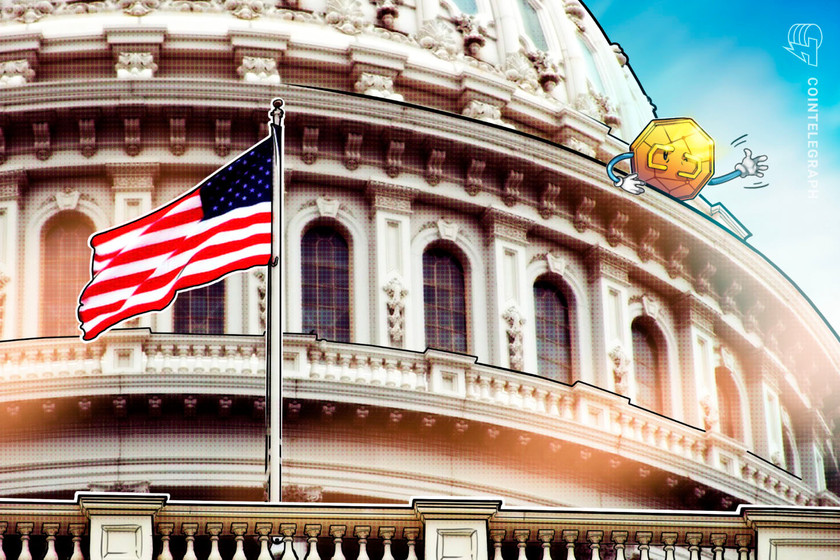House Republicans directly criticize Biden administration for digital asset policies


“Because of actions taken by this Administration, the United States is at risk of pushing the digital asset ecosystem overseas,” said Republican Financial Services Committee members.
Statements from Republican lawmakers ahead of the inaugural hearing of the United States House of Representatives subcommittee focused on digital assets, financial technology and inclusion suggest partisan divides on crypto regulation.
In a March 6 memo, House Financial Services Committee Republicans said the first hearing of the Digital Assets, Financial Technology, and Inclusion Subcommittee would focus on the Biden administration’s “attack on the digital asset ecosystem.” The hearing is scheduled to take place on March 9 as one of the first since Representative Patrick McHenry became committee chair at the start of the 118th Congress.
“Over the last two years, the Biden Administration has issued statements and proposed rulemakings that have inappropriately impacted the digital asset ecosystem,” said the memo. “Many of these actions can be considered an overreach of jurisdictional authority. In addition, the consequences of these policies cannot be understated. Because of actions taken by this Administration, the United States is at risk of pushing the digital asset ecosystem overseas.”
Crypto industry representatives including BitGo co-founder and CEO Mike Belshe and Coinbase chief legal officer Paul Grewal are expected to testify at the hearing. In addition, the subcommittee has listed 5 pieces of crypto-related draft legislation under review, including McHenry’s Keep Innovation in America Act.
1/5 Tomorrow I will speak on Capitol Hill about the need for a workable crypto regulatory framework. We must fix our financial system, embrace the benefits of crypto, and protect consumers. Read a summary of my full message here: https://t.co/FUuachco32
— paulgrewal.eth (@iampaulgrewal) March 8, 2023
“Regulators can either declare that digital assets are regulated in the same way as other assets, and thereby apply the same rules, or regulators can say that they are different, and create new rules,” said Belshe in his prepared testimony. “But what regulators cannot be allowed to do is to claim that assets are different, and also claim that the rules are already understood.”
He added:
“I want to point out that this is not uniquely the fault of the current administration’s approach to guidance. We filed our letter to the SEC in 2018, under the prior administration’s oversight. The difficulty of keeping up with innovation is constant.”
In September 2022, the White House released a comprehensive framework for digital assets with six principal directions for crypto regulation in the U.S., following research from federal agencies. Tonya Evans, a professor at Penn State Dickinson Law who is also expected to appear as a witness at the hearing, said in prepared remarks that this framework had “yet to fulfill its promise”:
“The Administration’s proffered framework [served] more as a report-out of initial agency findings and recommendations than a workable framework regulated parties could reasonably rely on to operate lawfully within clear rules of engagement for this novel, programmable, dynamic asset class.”
Related: US lawmakers planning to reintroduce bill aimed at fixing crypto reporting requirements: Report
The subcommittee hearing falls exactly one year after U.S. President Joe Biden signed an executive order aimed at establishing a regulatory framework for digital assets. The order has caused federal departments to move forward with studying the potential impact of cryptocurrencies on the U.S. financial system and, in some cases, develop policy recommendations.





















